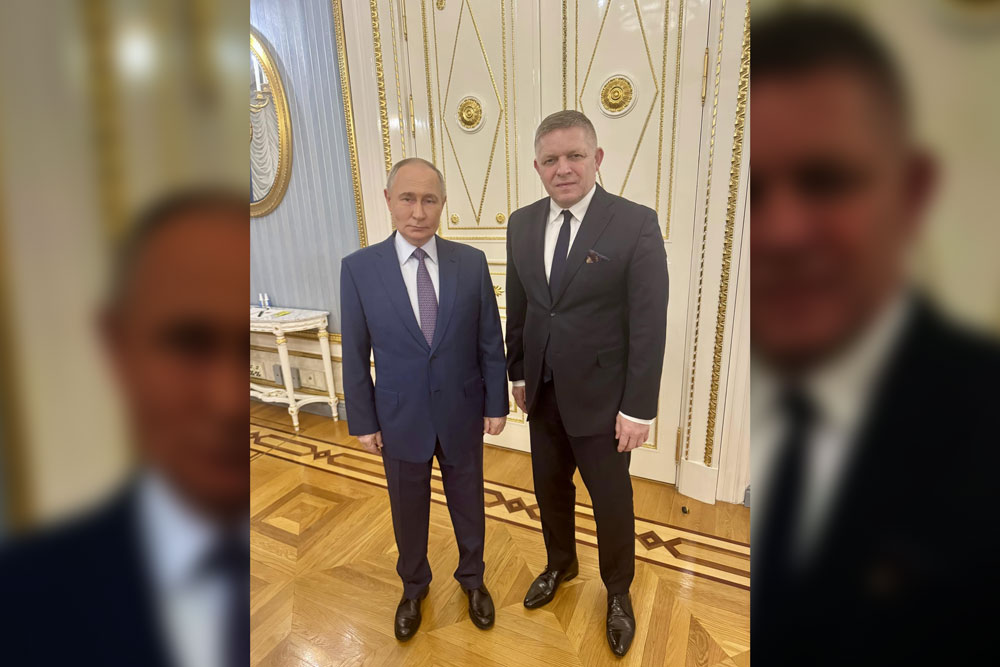Ukraine's Ministry of Foreign Affairs has responded to Slovak Prime Minister Robert Fico's threats to cut emergency electricity supplies, reminding him that Ukraine pays Slovakia substantial money for this power, which is not charity.
The Ministry reminded that Ukraine has traditionally been self-sufficient in electricity production, with current imports necessitated only by Russian actions - including the occupation of Zaporizhzhia NPP and continuous missile strikes on civilian infrastructure, energy systems, and distribution networks.
"By making senseless threats to cut off Ukraine's electricity, which we buy and do not receive as a gift, Prime Minister Robert Fico is actually siding with the Russian dictator. Currently, these are the only two figures in the world who threaten to leave Ukrainians without electricity in the winter," the Ministry wrote.
The MFA also noted that Fico's statements indicate coordination with Putin, citing the Slovak PM's apparent intention to exclude American and other energy sources from the European market to maintain European countries' dependence on Russia.
"We remind you that Slovakia is part of the single European energy market and must adhere to common European rules. We call on the European Commission, in cooperation with ENTSO-E, to respond to the threats of arbitrary decisions by Prime Minister Fico," the Ministry concluded.
Ukraine's Energy Minister Herman Halushchenko has addressed the situation by writing to the EU Energy Commissioner, ENTSO-E, and the Energy Community, Suspilne reports. On Ukrainian TV, the Minister emphasized that Slovakia's decision to stop electricity supplies would "be a gross violation of European regulations."
"Ukraine has mechanisms to replace this import with other neighbors who are ready to increase respective capacities. Such negotiations with partners have already been conducted," Halushchenko said.
Regarding future energy security, the minister stated that Ukraine has completed all necessary preparations to ensure stable gas supply to consumers when Russian natural gas transit fully stops from 1 January.
Related:

